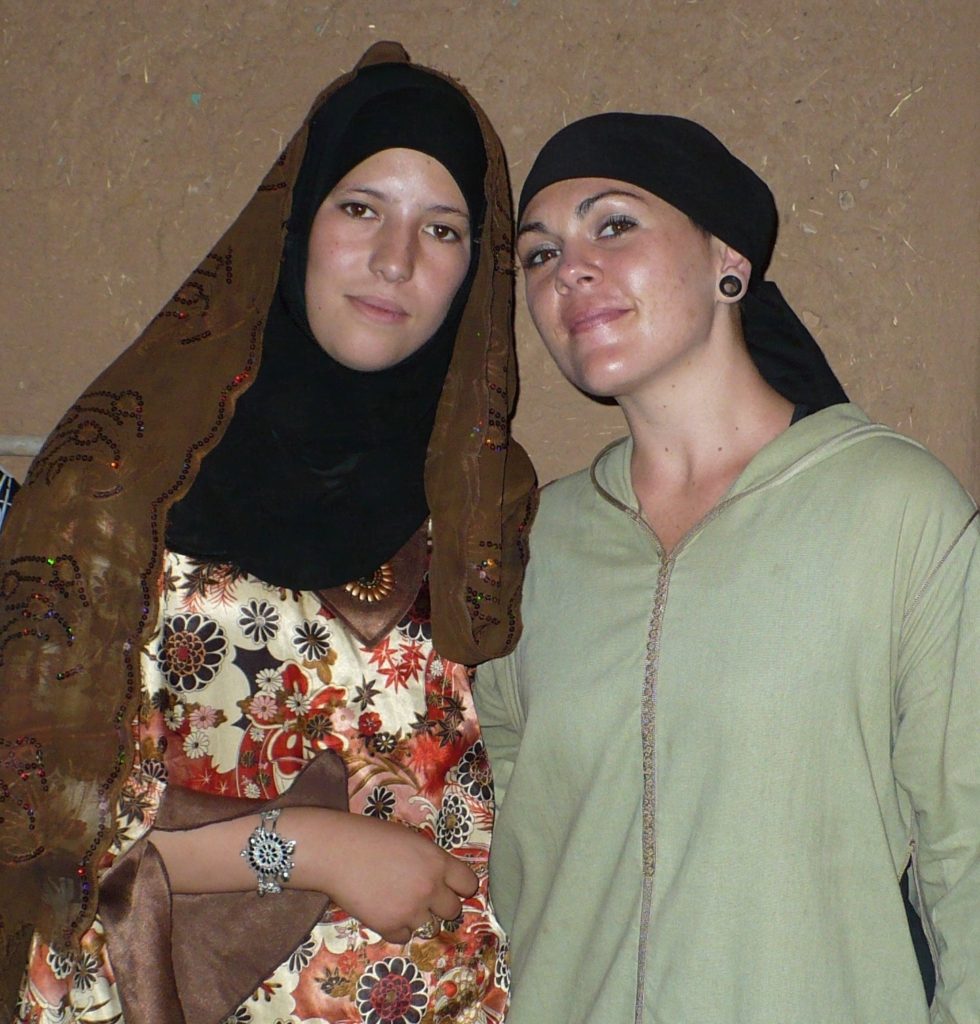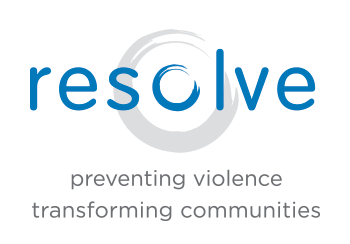
To welcome Kaytea Hendricks back to our organization as a self-defense instructor, we wanted to re-publish her self-defense success story from her time serving in the Peace Corps in Morocco. We’re so glad to have Kaytea teaching with us again!
I was on an afternoon walk when I was grabbed from behind. I thought it was a friend messing around. I said, “Come on, let me go.” Then his grip tightened, and I felt his erection. Then it hit me: “I’m being assaulted!”
He grabbed me just like Resolve instructors do during class. I took a deep breath and thought, “Oh no! He has no idea what he just got himself into!” I released a yell that was so powerful I surprised myself! I struck his groin and broke his grip. I turned to see him already sprinting away.
After this event, I felt strong and proud of myself. Unfortunately, there were other women in my Peace Corps program who were assaulted in a similar fashion, but who had a very different overall experience. They experienced deep, life-altering trauma even though each of them was able to get away and avoid a full-on assault and were not physically hurt.
One woman had to leave the program and return home; another started seeing a therapist; and a third woman, after therapy, still decided to return home. Although they were successful against their assailants –with no training! – they experienced trauma instead of empowerment.
I saw how Resolve not only prepared me to defend myself, but prepared me to focus on my success – not my vulnerability. Instead of teaching me how powerful the assailant was, this experience taught me how powerful I am.
